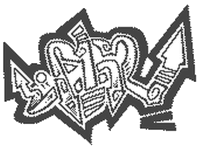To format my USB sticks that I use following set of commands:
Assuming my USB stick is recognized as sdc, and has a primary partition created this is the set of commands that I use:
# create ext4 filesystem without journal mkfs.ext4 -O ^has_journal /dev/sdc1 # give your newly formatted partition a name e2label /dev/sdc1 storage # Use data mode for filesystem as writeback for better performance tune2fs -o journal_data_writeback /dev/sdc1 # Disable reserved space on my 57GB drive it wastes 5% which is 3GB tune2fs -m 0 /dev/sdc1
